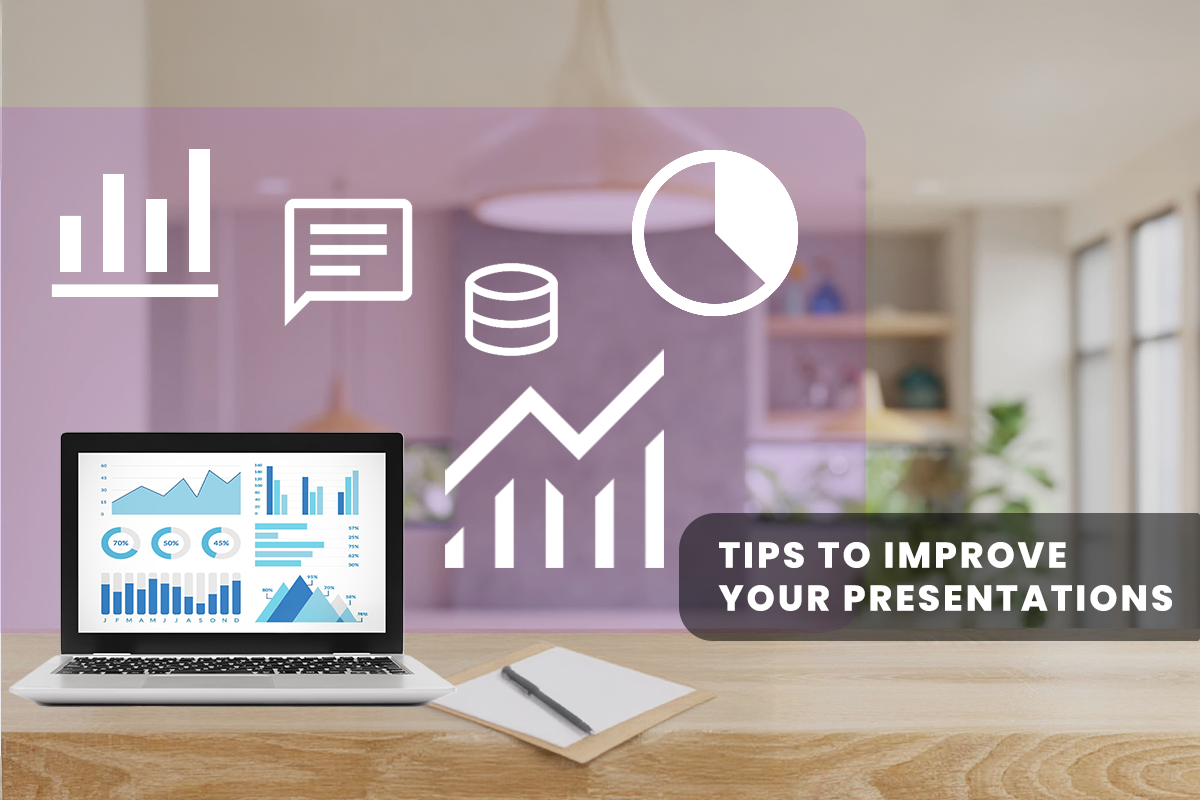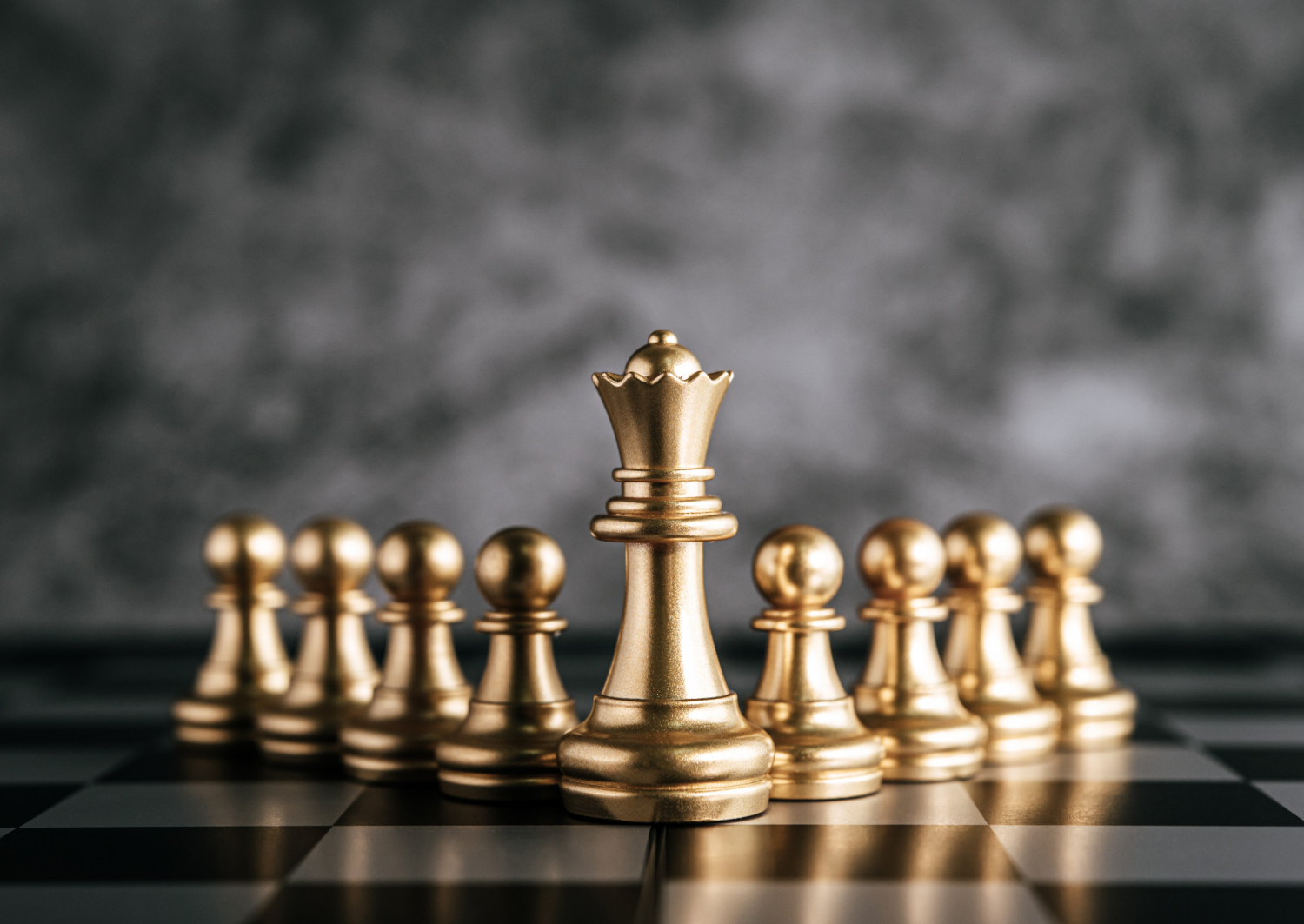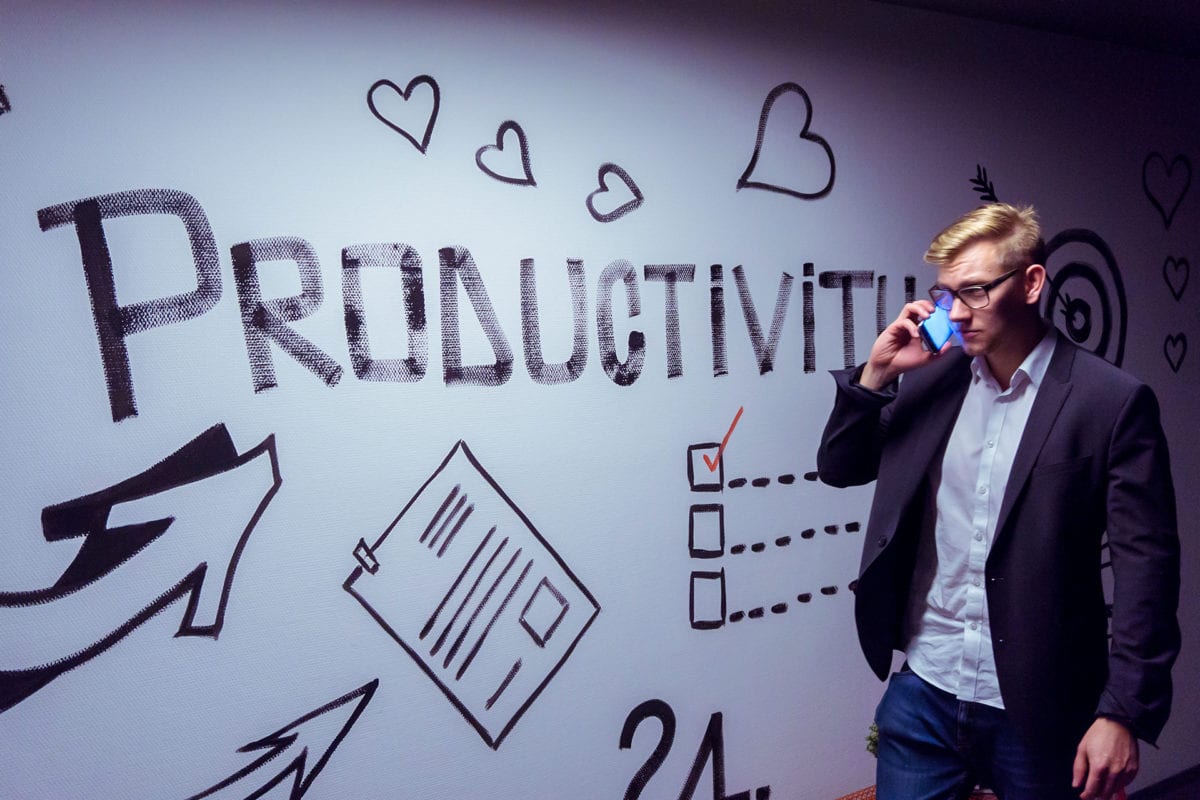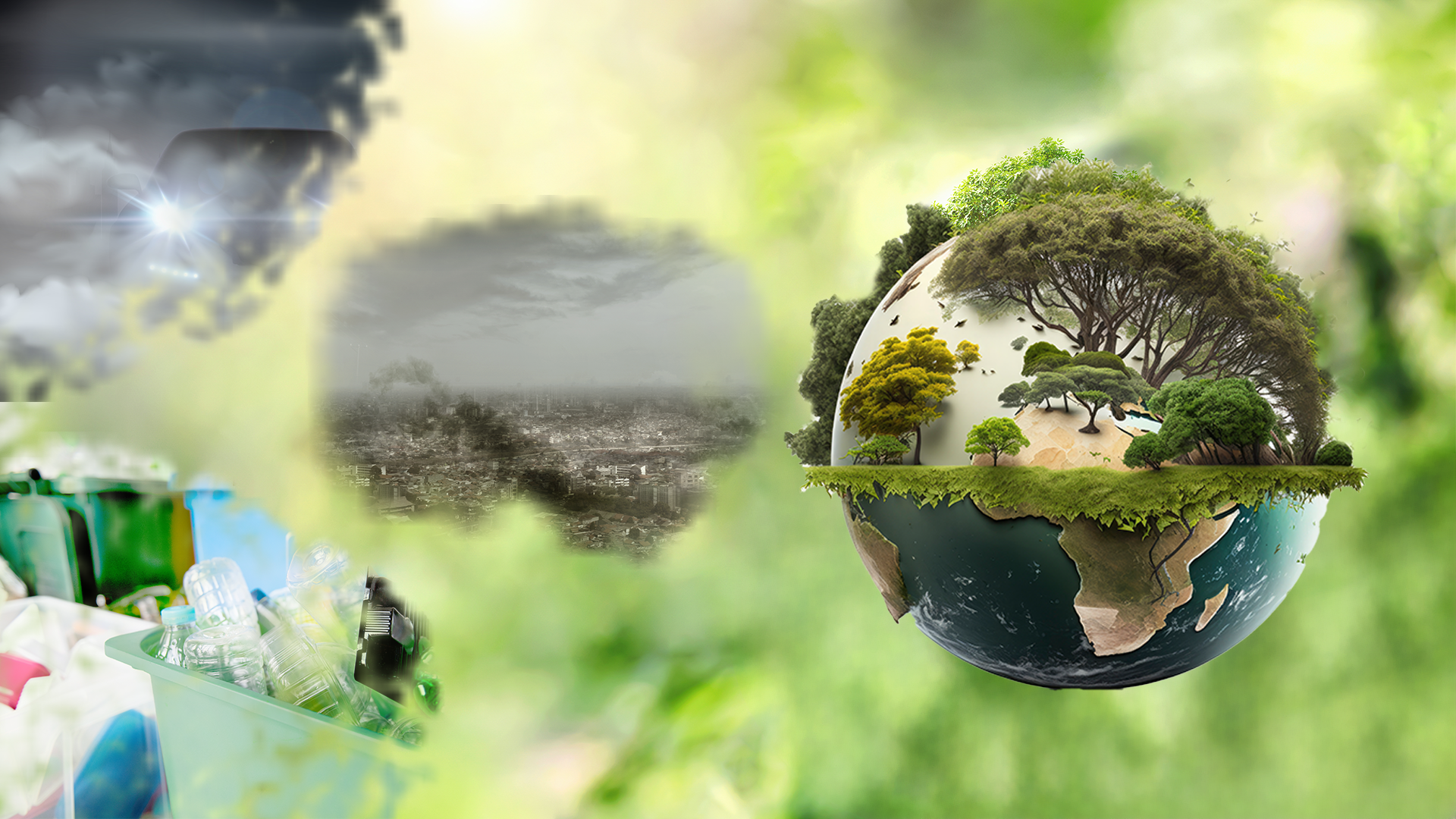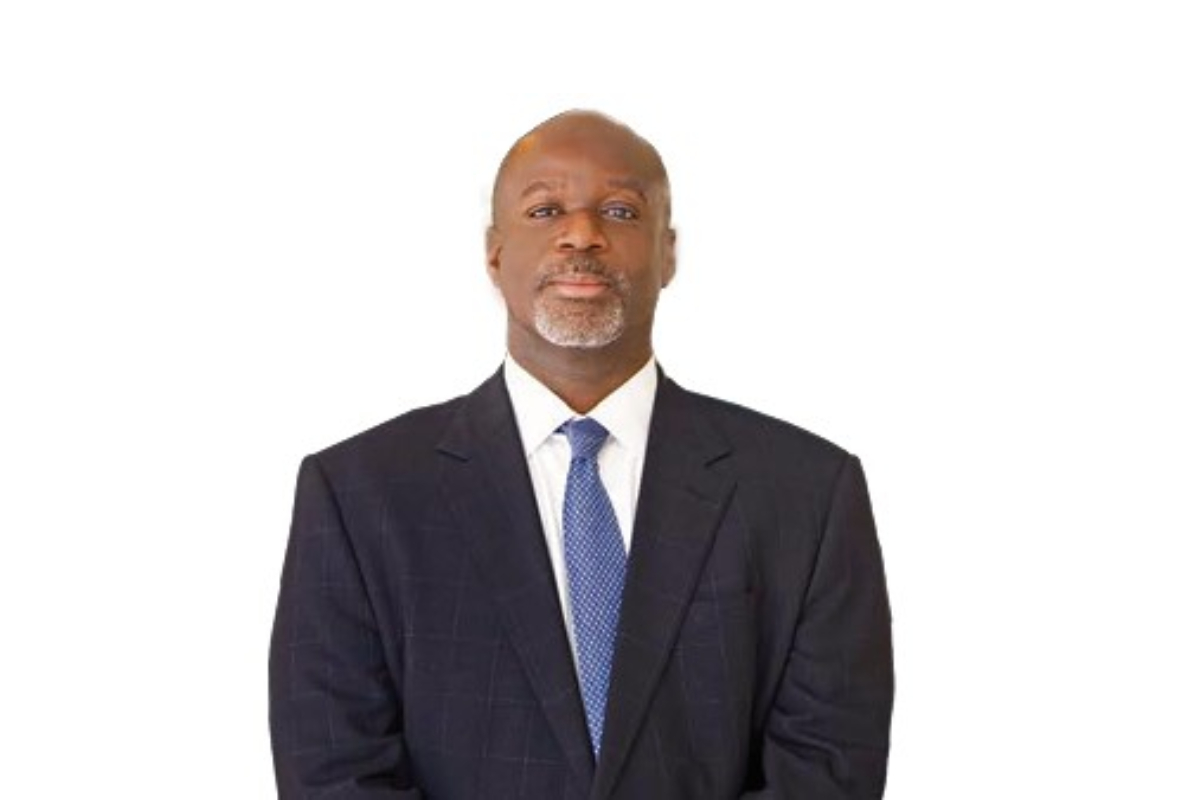Living in the 21st century, post-pandemic, you might have undoubtedly heard of the term “price gouging.” Nevertheless, have you ever wondered what it really means? And when does it happen? In simple terms, price gouging is the practice of raising the prices of goods and services to a highly unexpected level, which is almost considered unreasonable or fair. Usually, it happens after a supply or demand shock.
Although there is no hard and fast rule as to what constitutes price gouging, it differs remarkably from inflation. Inflation occurs when prices rise due to economic factors like demand, cost, and money supply over time. Unlike inflation, price gouging happens purposefully. It negatively impacts consumers and communities, and it always happens when people have no other option but to purchase the product or service they need.
When Do Prices Go Up?
The ideal time for price gouging occurs after a natural disaster or another impactful event. For example, after the recent pandemic, many imported goods globally cost more money because most of the world’s borders were closed.
In the wake of tsunamis and hurricanes, the price of gas and other commodities might purposefully increase. Take, for example, the wildfires that were raging in Hawaii. In the aftermath of that event, the price of gas increased considerably in the State as more people began fleeing their homes and communities. Other things that could also see a price hike include bottled water, plywood, generators, and medical and emergency supplies.
The Price Gouging Conundrum
When a natural disaster occurs, be it an earthquake, wildfire, or tsunami, many might wonder if it is ethical to purposefully increase the prices of commodities, goods, and services. Granted, the first thing that comes to mind is that businesses might take advantage of people in such situations.
On the other hand, many believe that managers and proprietors know what’s in their best interest in raising the prices of goods and services. In many cases, they have to walk the fine line of increasing prices and being fair and equal to their customers.
Hence, there is the issue of morality and what is constituted as ethical. For example, will raising the prices of goods and commodities affect those with little or no means? Will increasing the cost of goods impact the health and safety of a local community in need? All these are pertinent ethical questions that proprietors must carefully consider before a price hike.
Governments and lawmakers also have a role. In some cases, governments might pass specific laws prohibiting price increases. In the United States, for example, there is a law that prohibits price gouging during a declared state of emergency or market disruption.
In Canada, for example, when the COVID-19 pandemic hit, many provinces passed laws prohibiting price gouging. In Ontario, for example, the government issued an emergency order prohibiting retailers and individuals from charging unfair prices for goods deemed necessary to protect Ontarians from the virus.
These included masks, gloves, and other personal equipment. The government order prohibited the sale of necessary goods for unconscionable prices. Unconscionable prices grossly exceed the price at which similar goods are readily available to consumers. In Ontario, any store owner caught price gouging will be fined $750; he could also be convicted and face a fine of up to $100,000 and one year in jail.
Many Canadians believe that the main reason behind inflation is that grocery store owners, including big brand-name chains, have been price-gouging. A survey conducted by the Agri Food Analytics Lab at Dalhouse University found that 30 per cent of Canadians think grocery chain price gouging is the main reason food prices have been rising steadily and is the driving force behind high grocery bills and food inflation.
Is Price Gouging a Moral Issue?
More than anything else, price gouging is often classified as a moral issue rather than an economic one. And for good reason, price gouging has for many years impacted the rich and poor, more often people with little or no means.
Many believe that profiting from others’ misfortune is immoral; that’s why price gouging is classified as a moral issue, not an economic one. Nevertheless, it can be seen as an economic issue at the other end of the spectrum because people need to make a profit.
The two different moralities can be confusing. Nevertheless, when intentions and outcomes are carefully weighed out and operate within their proper spheres of human activity, they are conducive to productivity and work to help victims of disasters!
David Messiha | Staff Writer




